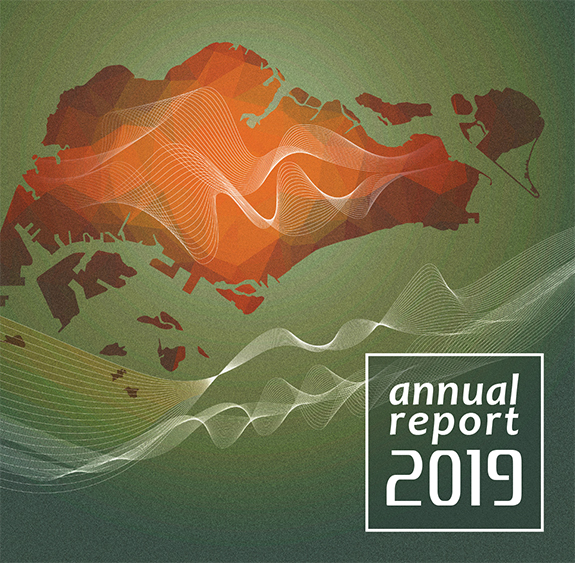Ng Hui Khoon Group
The biggest obstacle to the successful implementation of useful quantum information and computation devices is noise. The quantum effects — quantum coherence, quantum correlations, etc. — that give quantum systems an edge over classical ones are highly fragile and require intricate care for their preservation. Noise-suppression techniques, including dynamical decoupling, error correction, and fault tolerance, have seen much progress over the years, with many creative ideas contributing to the overall theoretical confidence in our ability to tackle noise. Yet, many of these strategies, especially those of error correction, remain difficult to achieve in the lab.
Our group studies the effects of noise and its mitigation via quantum error correction and fault tolerance. We seek a better understanding of the characteristics of noise relevant in quantum computational systems, and attempt to narrow the current gap between theoretical proposals of noise mitigation and practical implementations. This includes, among other variations on the same theme, the tomography of noise parameters useful for assessing the strength and type of noise present in the system, the study of how one might verify assumptions in theoretical fault-tolerance proofs, and the feasibility comparison of current noise mitigation schemes
More information at our homepage: https://blog.nus.edu.sg/qscing/


Associate Professor
Yale-NUS College & Department of Physics, Faculty of Science, National University of Singapore
Hui Khoon Ng did her undergraduate in Cornell University, and then completed her PhD (2009) in the group of John Preskill at California Institute of Technology, on the subject of theoretical quantum information and computation. Upon graduation, she returned to Singapore as a postdoctoral researcher at the DSO National Laboratories of Singapore, spending part of her time at the Centre for Quantum Technologies (CQT) at the National University of Singapore (NUS), within the group of Berge Englert. In 2013, she joined, as an Assistant Professor, the newly founded Yale-NUS College in Singapore, a joint liberal arts and sciences college set up by Yale University and NUS. She has maintained a joint position in CQT, becoming a CQT Fellow in 2019. Her research focuses on theoretical aspects of quantum computation, particularly on noise control, quantum error correction, and fault tolerance. Another productive area of research is in quantum tomography, and lately, noise tomography, drawing on both areas of her expertise. She is currently leading the quantum information and computation efforts within MajuLab, a French CNRS lab situated in Singapore, and maintains collaborations with well-known researchers around the world.
Group Members

- Ng Hui KhoonCQT Fellow
- Todd Lu YipingPostdoctoral Fellow (Yale-NUS College)
- Acharya TejasCQT PhD Student ÂÂ
- Mark MyersCQT PhD Student
- Qin ShushenCQT PhD Student
- Arthur StraussCQT PhD Student
Recent papers

- J. Qi, H.K. Ng. (2021). Randomized benchmarking in the presence of time-correlated dephasing noise. Phys. Rev. A 103 022607

- DJ Nott, Y.L Seah, L Al-Labadi, M Evans, H.K. Ng, B.-G. Englert. (2021). Using prior expansions for prior-data conflict checking. Bayesian Anal 16 203

- Yihui Quek, Stanislav Fort, H.K. Ng. (2021). Adaptive Quantum State Tomography with Neural Networks. NPJ: Quantum Information 7 105

- B.-G. Englert, Michael Evans, Gun Ho Jang, H.K. Ng, David Nott, Y.L Seah. (2021). Checking the Model and the Prior for the Constrained Multinomial. Metrika

- Yiping Lu, J.Y.Sim, Jun Suzuki, B.-G. Englert, H.K. Ng. (2020). Direct estimation of minimum gate fidelity. Phys. Rev. A 102 022410

- A Jayashankar, AM Babu, H.K. Ng, P Mandayam. (2020). Finding good codes using the Cartan form. Phys. Rev. A 101 042307

- J.Y.Sim, Jun Suzuki, B.-G. Englert, H.K. Ng. (2020). User-specified random sampling of quantum channels and its applications. Phys. Rev. A 101 022307











